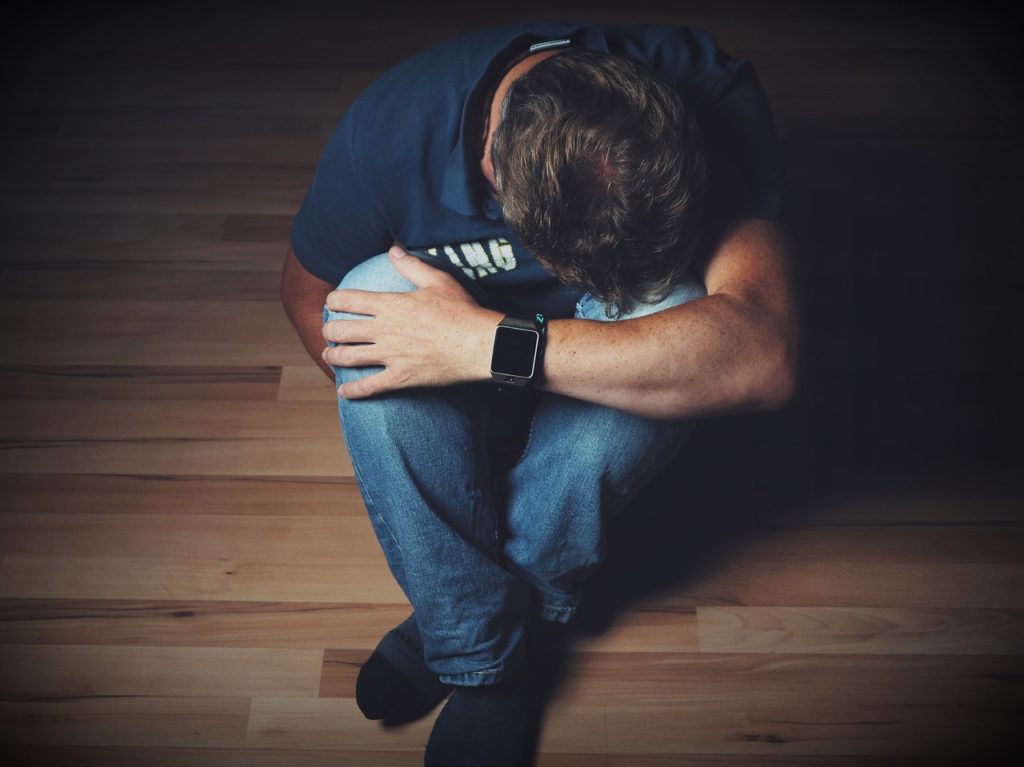“Male menopause” is a more well-known term for andropause, and that encompasses age-related changes in hormone levels among men. It is also known as androgen or testosterone deficiency. Studies show that 30% of men aged 50 years and older will experience male menopause, effectively putting them at risk of developing health conditions such as osteoporosis. Although the signs and symptoms vary for each person, here are some common symptoms that most men experience.
- Decreased sex drive
Men reportedly going through andropause tend to have lower levels of testosterone that can affect their libido even though the hormone isn’t solely responsible for fueling a man’s sex drive. It is perfectly normal for a man’s sex drive to peak and decline from his 20s.
However, it’s important to note that there isn’t a ‘normal’ sex drive. What one man might consider a low sex drive might not necessarily be the same for all. Plus, low testosterone is not solely responsible for reducing libido. Other factors such as poor sleeping habits, depression, chronic medical conditions, and stress are all factors that can affect a man’s libido. You can try using supplements for testosterone to help combat any decline in libido due to andropause. However, it’s important to consult a certified healthcare professional beforehand.
- Memory issues
Have you found yourself struggling to remember why you entered a room? Sure, it’s a common phenomenon that happens to all people, women included. While most of these things can be associated with other factors like stress, it could also mean that you have low testosterone, especially if you’re experiencing brain fog or memory loss more commonly.
As men age, both their cognitive functions and testosterone levels decline. Many studies strongly believe that male menopause or testosterone deficiencies significantly contribute to memory loss. Studies also show that men suffering from brain-degenerating diseases like Alzheimer’s have lower testosterone levels. That’s because testosterone plays an all-too complicated yet important role on the brain, as well as its functions. Because it is responsible for the formation of the body’s sex organs, some brain parts are chockfull with testosterone receptors. As testosterone levels decline in men, they will also find it more difficult to maintain a strong mental understanding, making learning and processing concepts difficult.
- Sleep disorders
While an odd combination, sleep disorders, and low testosterone go hand-in-hand. Many researchers have established strong links to conditions like sleep deprivation to lower testosterone levels. The perplexing thing is that both conditions affect each other. According to one study, the human body’s peak testosterone production happens during sleeping hours. So, in effect, if you are losing sleep, you are also depriving yourself of this hormone.
Studies also show that the more testosterone levels dwindle, the more cortisol the human body produces. Cortisol is a hormone responsible for waking you up. Higher cortisol levels result in shorter sleep cycles that can leave you feeling fatigued constantly.
- Weight gain
During male menopause, one of the most common signs is weight gain. That’s due to these three important factors: the slowdown of your metabolism rate, a change in your body composition, and changes in your hormone levels.
When your metabolism slows, you wouldn’t need as many calories as before to keep it going. Your older body cannot maintain what your younger body could, and if you do not exercise regularly, you will find yourself putting on more pounds.
It’s also natural to see your body’s composition shift during andropause. Due to low testosterone levels, you will notice your muscle mass decreasing while your fat mass increases. Hormonal changes can also lead to weight gain. However, it is more gradual in men than in women.
It’s harder to maintain your weight during andropause. But it doesn’t mean you can’t control your body. You can make changes in your diet and include more proteins and fibers in your meals. You can also try out more resistance exercises, get more sleep and ensure that you maintain lower stress levels.
- Depression

Out of all the signs listed, depression is probably the most threatening one. During male menopause or andropause, depression is most likely caused by low testosterone levels. Men are also more susceptible to depression if they have low thyroid levels, which can, in effect, reduce serotonin levels. Serotonin is also known as the happy hormone. Hormones play a huge role in affecting mood and other factors that affect your quality of life. Your doctor or therapist might recommend placing you on a lifestyle plan to treat your depression.
Male menopause does not mean the end of the road for you. Several treatment options are designed to boost your testosterone levels and give you that youthful energy. Many companies even offer at-home testosterone replacement therapy as a treatment. Ensure that you speak to your doctor beforehand.


